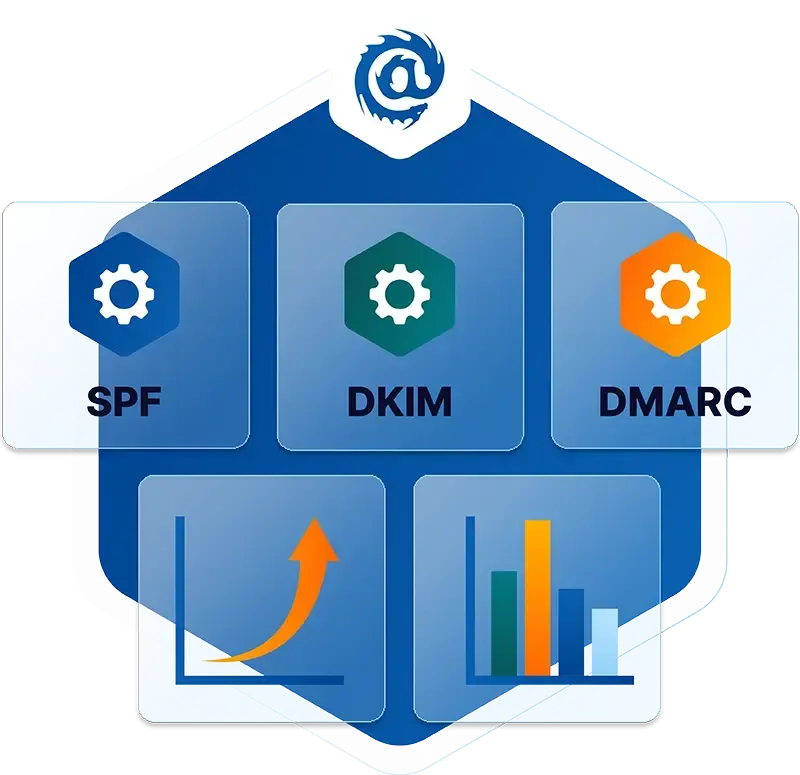Table of Contents
Spyware Explained
Spyware is a broad term that encompasses malicious software designed to infiltrate computer devices and mobile devices with the primary intent of gathering data about users without their consent. This data is typically transmitted to a third party, often for malicious purposes, such as identity theft or unauthorized surveillance. While some legitimate software may employ spyware-like tracking tools for commercial purposes like targeted advertising, the term "spyware" is mainly associated with malicious applications that compromise users' privacy and security.
What Does Spyware Do?
Spyware operates stealthily within your computer or mobile device, engaging in various actions without your knowledge or permission. Malicious spyware follows a typical sequence of actions:
-
Infiltration: Spyware gains access to your device through deceptive means, such as disguising itself within legitimate software downloads, malicious websites, or email attachments.
-
Monitoring and Data Capture: Once inside your device, spyware actively monitors and captures data, which can include keystrokes, screen captures, browsing habits, and more. It may also record sensitive information like login credentials, PINs, and credit card numbers.
-
Data Transmission: The stolen data is then transmitted to the spyware's author or a third party, either for direct use or for sale to other malicious actors.
In summary, spyware covertly collects personal and confidential information, making users vulnerable to data breaches and misuse of their private data.
Types of Spyware
Spyware can be categorized into several main types, each with its specific purpose and functionality:
-
Trojan Spyware: This type of spyware is delivered through Trojan malware, which disguises itself as legitimate software and then deploys the spyware program.
-
Adware: Adware may track user activities to sell data to advertisers or serve deceptive and potentially harmful advertisements.
-
Tracking Cookies: Websites can implant tracking cookies on your device to monitor your online activities and behavior across the internet.
-
System Monitors: System monitors or keyloggers track all activity on a computer, capturing sensitive data such as keystrokes, visited websites, and emails. They are particularly intrusive and pose a significant threat to privacy.
How to Remove Spyware
If you suspect your device is infected with spyware, taking swift action is crucial to minimize potential damage:
-
Scan and Clean: Use robust cybersecurity software to scan and remove malicious files and programs. Ensure your device is entirely free of infection.
-
Change Passwords: Update your passwords for online accounts, particularly if spyware had access to login credentials.
-
Notify Financial Services: If your financial information was compromised, notify your bank and credit card providers to prevent fraudulent activity.
-
Legal Reporting: If spyware affected an organization or resulted in legal or regulatory violations, report the incident to the appropriate law enforcement agency.
How to Prevent, Detect, and Prevent Spyware
Protecting your devices from spyware requires a proactive approach to cybersecurity:
-
Security Software: Deploy comprehensive internet security solutions that include anti-malware and antivirus detection, antispam filters, and cloud-based detection.
-
Secure Passwords: Use strong, unique passwords for each account, avoid password recycling, and implement multi-factor authentication (MFA) when available.
-
Cookie Consent: Be selective about granting consent for website cookies, allowing them only from trusted sources.
-
Browser Extensions: Install anti-tracking browser extensions to prevent online tracking of your activities.
-
Software Updates: Regularly update your operating system and software to patch vulnerabilities that spyware can exploit.
-
Be Cautious with Downloads: Download apps only from official app stores and trusted publishers. Be mindful of app permissions, especially those related to data tracking and device control.
-
Email Vigilance: Avoid clicking on links or opening attachments in emails from unknown senders, as these are common delivery methods for spyware.
-
Secure Networks: Use secure, trusted Wi-Fi networks and avoid unsecured public Wi-Fi connections.
By following these practices and maintaining awareness of potential spyware threats, you can significantly reduce the risk of spyware infection and protect your digital privacy and security.
IRONSCALES Protects Against Spyware
IRONSCALES email security offers robust protection against spyware by employing advanced threat detection and prevention mechanisms. It uses AI-driven algorithms and machine learning to analyze email communications in real-time, identifying and blocking suspicious attachments and links that may harbor spyware. Additionally, IRONSCALES employs behavioral analysis to detect anomalies in email behavior, helping to pinpoint potential spyware-related activities. With its automated incident response and remediation capabilities, IRONSCALES swiftly isolates and neutralizes spyware-infected emails, preventing further spread and damage. Overall, IRONSCALES provides comprehensive email security that effectively safeguards organizations from spyware threats, ensuring the privacy and security of their email communications.
Learn more about IRONSCALES advanced anti-phishing platform here. Get a demo of IRONSCALES™ today! https://ironscales.com/get-a-demo/
Explore More Articles
Say goodbye to Phishing, BEC, and QR code attacks. Our Adaptive AI automatically learns and evolves to keep your employees safe from email attacks.

/Concentrix%20Case%20Study.webp?width=568&height=326&name=Concentrix%20Case%20Study.webp)












